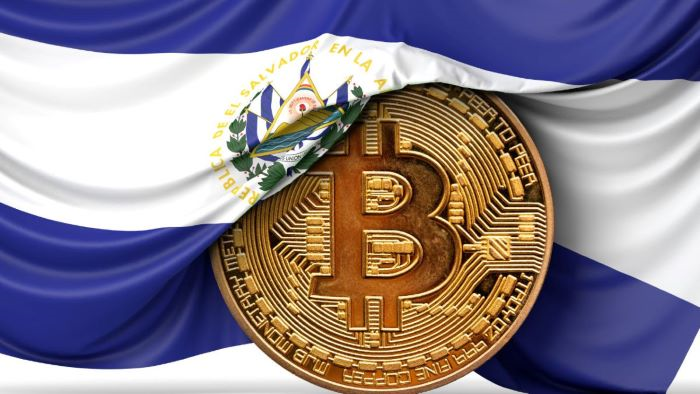
El Salvador's "Rent-a-Volcano" Scheme for Bitcoin Mining Gains Traction
Bitcoin's energy consumption and complex hardware requirements have long been subjects of debate. To address these concerns, the BTC mining industry is constantly exploring ways to reduce its environmental impact while maintaining its productivity.
President Nayib Bukele of El Salvador has proposed an innovative solution: the "rent-a-volcano" program, which would harness geothermal energy to power Bitcoin mining. Under this plan, the government would grant third parties access to the country's geothermal resources. If implemented, El Salvador would become a pioneer in harnessing natural energy for crypto mining.
'Rent a Volcano' for Bitcoin Mining Makes Sense, Says Bukele
Bitcoin mining has gained prominence in El Salvador, which was among the first nations to legalize Bitcoin as a financial asset. President Bukele, a crypto enthusiast, has consistently pursued initiatives and programs to promote adoption. He views utilizing the country's abundant natural energy as an effective means to bolster crypto mining.
In response to a tweet about El Salvador's natural energy resources, Bukele suggested that renting out volcanoes for Bitcoin mining could be viable. He further remarked that such an approach could propel the country to become the first to harness geothermal energy for Bitcoin production.
Geothermal Energy to Power Mining Rigs
El Salvador has emerged as a leader in BTC mining, having already mined 474 Bitcoins worth approximately $46 million since 2021. On November 25, Bukele presented the concept of a "rent-a-volcano" BTC mining program, inspired by the success of its geothermal mining facilities.
Ecologists Question Viability of Plan
While Bukele's proposal has garnered attention, it has also raised concerns among some ecologists. They argue that the energy generated by geothermal plants may be insufficient to sustain large-scale BTC mining operations.
In 2021, Ricardo Navarro, a prominent ecologist, criticized Bukele's plan. He maintained that the president lacked understanding of the country's energy situation and that incorporating mining into the equation would exacerbate existing challenges.
Furthermore, ecologists have expressed skepticism about the practicality of "Bitcoin City" projects near volcanoes and the environmental sustainability of geothermal energy.
Despite the skepticism, the "rent-a-volcano" plan remains an intriguing proposition in the evolving landscape of Bitcoin mining. Its potential impact on El Salvador's economy and the broader cryptocurrency industry remains to be seen.


 TheCoinrise
TheCoinrise Optimisus
Optimisus Optimisus
Optimisus COINTURK NEWS
COINTURK NEWS Crypto News Land
Crypto News Land Cryptopolitan_News
Cryptopolitan_News BlockchainReporter
BlockchainReporter BlockchainReporter
BlockchainReporter DogeHome
DogeHome






















